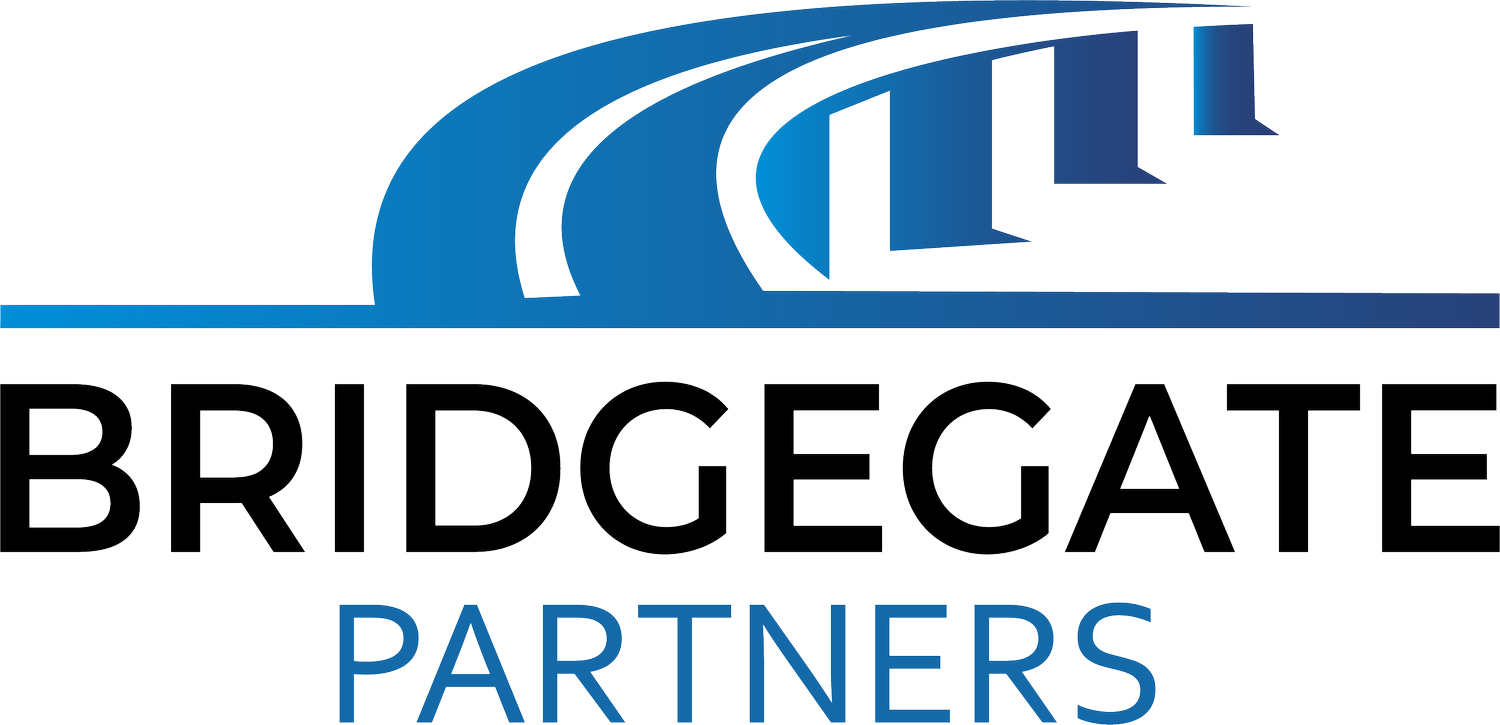Selling Smart: Exit Strategies to Navigate Your Business Sale with Confidence
It can be daunting to try and sell your business and understand how to create your exit strategies, especially when you are still running it! This is especially true for home services businesses that have so many moving parts to keep in the air. I was delighted to join Diane Gardner on her Profitable Home Services Podcast again to talk directly to these business owners. Even if you are not in the home services industry, you’ll still see how our discussion can apply, because we talked about the practical steps to exiting a business successfully. These exit strategies apply to any business.
I covered the essential aspects of business valuation, assessing the business from a buyer's perspective, improving profitability, finding a buyer, conducting due diligence on the buyer, and planning for life after selling the business. In a nutshell, this is how to get the maximum selling price for your business.
What you’ll learn…
The crucial step of getting a business valuation to realistically know it’s worth
How to assess the business from a buyer's standpoint to find areas for improvement
How to fix profit leaks like Seller Discretionary Expenses (SDE) to increase the business's value and attractiveness to buyers.
Why you should conduct due diligence on potential buyers
What kind of plans to make for your life after selling the business
Key Moments:
09:02 Finding Buyers and Navigating the Sales Process
17:10 Understanding Legal and Tax Implications
20:47 The Importance of Due Diligence
26:11 Navigating the Emotional Roller Coaster
34:22 Preparing for Life After Selling Your Business
42:38 How To Become More Profitable
Exit Strategies: A Comprehensive Guide
Diane and I discussed the key steps involved in selling a business successfully. I emphasized the importance of starting with an informal valuation to understand the true worth of the business.
Next, I highlighted the significance of assessing the business from a buyer's perspective, identifying strengths, weaknesses, opportunities, and threats. We talked about improving profitability by evaluating various aspects of the business such as teamwork, job profitability, vendors, and expenses. This is crucial to attracting buyers.
Finding Buyers and Navigating A Valuation
I gave my step-by-step process of selling a business, which includes getting an evaluation, self-assessment, improving the business over 2 to 3 years, and then marketing and selling the business. I moved on to the importance of planning ahead to maximize the business's value. Diane was particularly interested as I covered strategies for finding buyers, such as looking internally within the team, approaching competitors, attending industry events, and targeting businesses that complement the current business. There is a real significance in having a compelling story to attract potential buyers.
Understanding Legal and Tax Implications
I cannot over-stress the importance of having an attorney and a CPA when selling a business. An attorney is critical for legal expertise, drawing up contracts, due diligence, and structuring agreements to avoid future liabilities. A CPA is essential for understanding the tax implications of selling a business, such as capital gains tax and ordinary income tax. Different tax implications arise based on whether it's a stock sale or an asset sale. I had Diane help me highlight the role of tax strategies in reducing tax liabilities. Real-life examples and the impact of state-specific taxes, like the capital gains tax in Washington, were helpful as we dove into this.
Using Due Diligence In Your Exit Strategies
I helped Diane see how vital it can be for sellers to conduct due diligence on potential buyers before selling a business. I shared a cautionary tale of a seller whose business was returned due to buyer default, emphasizing the need for a thorough investigation into the buyer's financial stability, payment methods, business practices, and treatment of employees. This is exactly where having an attorney to craft non-disclosure agreements and facilitate due diligence processes becomes vital. I also underscored the risk of earnouts and the necessity of upfront payments.
Navigating the Emotional Roller Coaster of Selling a Business
Diane and I discussed at length the challenges and emotional roller coaster of selling a business, including the difficulty of running that business while trying to sell it. There are emotional ups and downs experienced during the process. It’s very important to align your business’s core values with potential buyers' core values to retain customers as well.
Preparing for Life After Selling Your Business
Diane was kind of surprised when I talked about the importance of planning for life after selling a business. I pointed out the need to consider what to do next and not let any personal identity tied to the business hinder your transition. I’ve had experiences and also advised business owners to have a clear plan for the day after selling their business, kind of like having a plan for the day after a wedding. Business sellers need to establish a new identity and routine. There are real differences in adaptability between men and women in such situations that should be taken into consideration in those plans as well.
Empowering Home Service Businesses to Be Proudly Profitable
Diane loves to find and stop profit leaks, so we talked about a unique profit leak related to seller discretionary expenses, shedding light on how it can impact a business sale. We concluded by emphasizing the importance of being proud to be profitable.
Diane Gardner’s Host Links:
Podcast: Profitable Home Services - https://taxcoach4you.com/category/podcasts/


